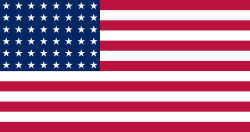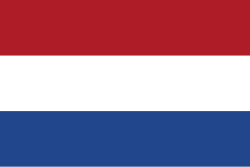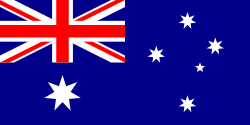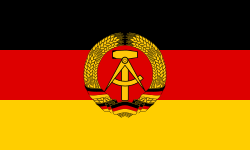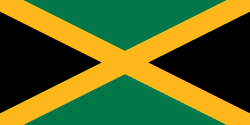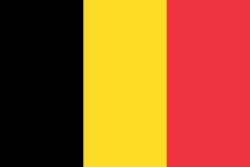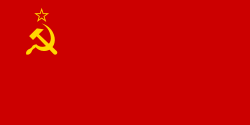Ewa Kłobukowska
| Ewa Kłobukowska | |
|---|---|
 | |
| Narození | 1. října 1946 (76 let) Varšava |
| Povolání | sprinterka a atletka |
| Ocenění | rytíř Řádu znovuzrozeného Polska komtur Řádu znovuzrozeného Polska důstojník Řádu znovuzrozeného Polska |
| Některá data mohou pocházet z datové položky. | |
| Přehled medailí | ||
|---|---|---|
| zlato | LOH 1964 | běh na 4 × 100 m |
| bronz | LOH 1964 | běh na 100 m |
| Mistrovství Evropy v atletice | ||
| zlato | ME 1966 | běh na 100 m |
| zlato | ME 1966 | štafeta 4 × 100 m |
| stříbro | ME 1966 | běh na 200 m |
Ewa Janina Kłobukowska (* 1. října 1946) je bývalá polská atletka, sprinterka, mistryně Evropy v běhu na 100 metrů z roku 1966.
Sportovní kariéra
Reprezentovala klub Skra Warszawa. V roce 1964 na LOH 1964 v Tokiu v běhu na 4 × 100 m (ve složení: Ewa Kłobukowska, Teresa Ciepły, Irena Kirszensteinová, Halina Górecka) získala zlato, a na 100 m bronz.
V roce 1965 v Praze výkonem 11,1 s získala světové rekordy v atletice. V roce 1966 na Mistrovství Evropy v atletice 1966 v Budapešti získala 2 zlaté medaile (štafeta 4 × 100 m a 100 m) a jednu stříbrnou medaili v běhu na 200 m.
Roku 2011 získala ocenění Řád Polonia Restituta.
Externí odkazy
 Obrázky, zvuky či videa k tématu Ewa Kłobukowska na Wikimedia Commons
Obrázky, zvuky či videa k tématu Ewa Kłobukowska na Wikimedia Commons - Ewa Kłobukowska na stránkách IAAF (anglicky)
- Ewa Kłobukowska v databázi Olympedia (anglicky)
- (polsky) Profil na stránkách olimpijski.pl Archivováno 15. 7. 2019 na Wayback Machine.
Média použitá na této stránce
Olympic Rings without "rims" (gaps between the rings), As used, eg. in the logos of the 2008 and 2016 Olympics. The colour scheme applied here was specified in 2023 guidelines.
Olympic Rings without "rims" (gaps between the rings), As used, eg. in the logos of the 2008 and 2016 Olympics. The colour scheme applied here was specified in 2023 guidelines.
The Canadian Red Ensign used between 1921 and 1957.
This image has compared for accuracy (mainly colors) using an image from World Statesmen. The only change is making the maple leaves green from red. This image has compared for accuracy (mainly colors) using an image from World Statesmen. The most recent version of this image has changed the harp into one with a female figure; see [http://flagspot.net/flags/ca-1921.html FOTW
US Flag with 48 stars. In use for 47 years from July 4, 1912, to July 3, 1959.
Flag of Jamaica. “The sunshine, the land is green, and the people are strong and bold” is the symbolism of the colours of the flag. GOLD represents the natural wealth and beauty of sunlight; GREEN represents hope and agricultural resources; BLACK represents the strength and creativity of the people. The original symbolism, however, was "Hardships there are, but the land is green, and the sun shineth", where BLACK represented the hardships being faced.
The civil ensign and flag of Belgium. It is identical to Image:Flag of Belgium.svg except that it has a 2:3 ratio, instead of 13:15.
Flag of the NSDAP during 1920 to 1945. Used to accompany File:Flag of German Reich (1933–1935).svg as National and commercial flag during 1933 to 1935.
Flag of Second Polish Republic and later People's Republic of Poland in period from March 29, 1928 to March 10, 1980. Red shade used here is HTML "vermilion" #E34234. Proportion 5:8.
Ewa Kłobukowska na mecie sztafety 4×100 metrów, 1964



